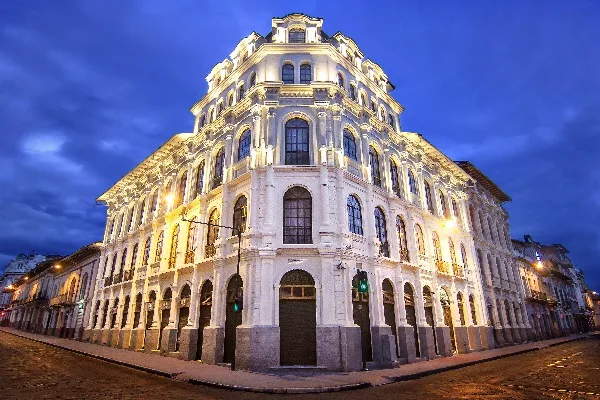Banned by the government, website vows to ‘continue telling the truth’ about life in Cuba
By Laura Vidal
El Esturnudo (“The Sneeze”), an independent journalism site “written from inside and outside Cuba” is no longer accessible for internet users in Cuba.
The magazine, which includes critical essays and feature articles on social issues and cultural change, joins the ranks of media outlets in the country that are or have been temporarily censored by state authorities, in an ongoing effort to limit what information Cubans can access on the internet.

Cartoon by Lázaro Saavedra that appeared in El Esturnudo. The translation: “The internet is shit! Let’s see… whoever wants internet, raise your hand.”
The move adds insult to injury in a country where internet connectivity is scarce, and the cost of using the internet is still prohibitively expensive for many citizens.
In an official response to the block, the editors of El Estornudo wrote an open letter addressed to “the Censor” that was republished by other local independent media outlets including Periodismo de Barrio and 14yMedio (a news site run by blogger Yoani Sánchez, that has also been blocked inside Cuba):
“…the Cuban government decided to block access to our magazine from inside the territory, causing us to lose….[readers] for whom El Estornudo probably fulfilled a more vital function, for citizens who endure the mediocrity of the information provided by the State’s propaganda, and want to take a closer look at a true narrative, one that reflects the country they actually live in, a country governed with ineptitude and an iron fist.”
The letter goes on to say that the block will not change the editorial position of the magazine, nor will it put El Estornudo into dialogue with political power in the terms that political power expects.
“We are not going to descend to that conciliatory and pusillanimous form of discourse in which we do journalism as if we were asking for forgiveness, giving free explanations to the repressor instead of demanding them.”
El Estornudo is hosted in Australia and counts among its contributors Cubans on the island, along with Cubans who now live in the US, Spain and other countries.
In an interview with Revista7im, editor Abraham Jiménez says the magazine’s aim is not only to make visible their critiques of the Cuban government, but to tell the stories of the “other Cuba” that that is not part of the official story.
Although it is difficult to determine the precise number of people in Cuba who regularly access the global internet, even the most optimistic estimates confirm that Cuba has one of the lowest internet penetration rates in the Americas.
The challenges that Cubans confront in getting online or getting access to digital media has been a hot topic among tech savvy Cubans in the country and in the diaspora for some time. Local outlets including El Estornudo, Cachivache Media, and OnCuba all routinely publish news and informative essays about digital media literacy and informal networks of media exchange on the island.
While outlets like El Estornudo produce a full suite of content on their websites, editorial staff in-country typically use a range of distribution methods — including email (Cubans can maintain state-issued email accounts on the country’s state-run intranet, which is freely accessible to all citizens), mobile messaging, local area (LAN) networks and pen drives circulated by hand. This is to say that while the site may no longer be accessible in Cuba, the stories and essays from El Estornudo will probably find some way to reach the site’s most dedicated readers.





















